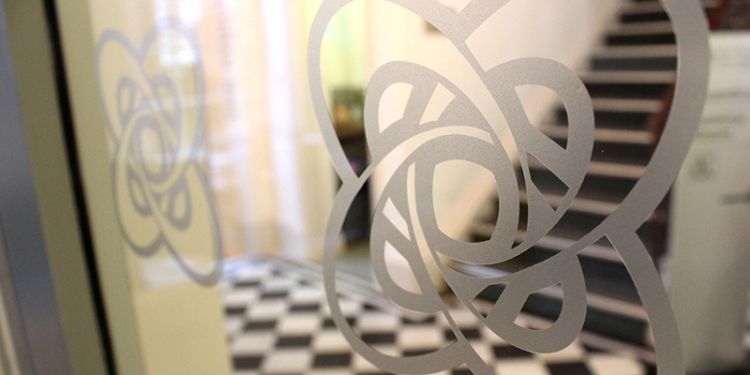Research seminar: What’s wrong with the Contrast strategy? And can we make it better?

- Date: Wednesday 23 October 2019, 12:00 – 13:15
- Location: Inter-Disciplinary Ethics Applied
- Cost: Free
As part of our research seminar series, IDEA's David Molyneux presents four problems with contrast strategy.
Abstract
The use of contrast cases to demonstrate that there is (or is not) a moral difference between doing and allowing harm (the contrast strategy) is common within discussions of the Doctrine of Doing and Allowing (DDA). The most well-known example of this strategy is James Rachels’ 1975 paper comparing the actions of two evil uncles. One uncle ends the life of his nephew by drowning him in his bath (a doing), whilst the other uncle ends the life of his nephew by allowing him to drown from a slip in the bath (an allowing).
I identify four problems with the contrast strategy. The first problem is with the use of intuitive arguments to reach moral conclusions. There is a widespread distrust of arguments from intuition, and the contrast strategy relies totally on intuition to reach its conclusions. Secondly, there may be difficulties identifying moral differences between cases, due to deficiencies in our moral radar, or by the swamping of real but small moral differences by incidental moral features. Thirdly, there may be problems constructing valid contrast cases. This problem can take two forms. Either the extrinsic factors are not equal in both cases, or there is lack of clarity in the differentiation of doing and allowing. Finally, there is the problem of ubiquity – can a difference (or lack of difference) noted in one pair of contrast cases really be applied to all cases of doing and allowing?
I suggest that all four of these criticisms have merit and can seriously undermine the use of the contrast strategy in constructing a theory of doing and allowing. However, by modification and extension of the normal case construction process, I argue that the contrast case approach is still a meaningful and worthwhile strategy for determining the presence or absence of moral differences.
Location
Each seminar takes place on Wednesday from 12pm - 1:15pm, in Seminar Room 2 within the IDEA Centre. All are welcome and no registration is required.

